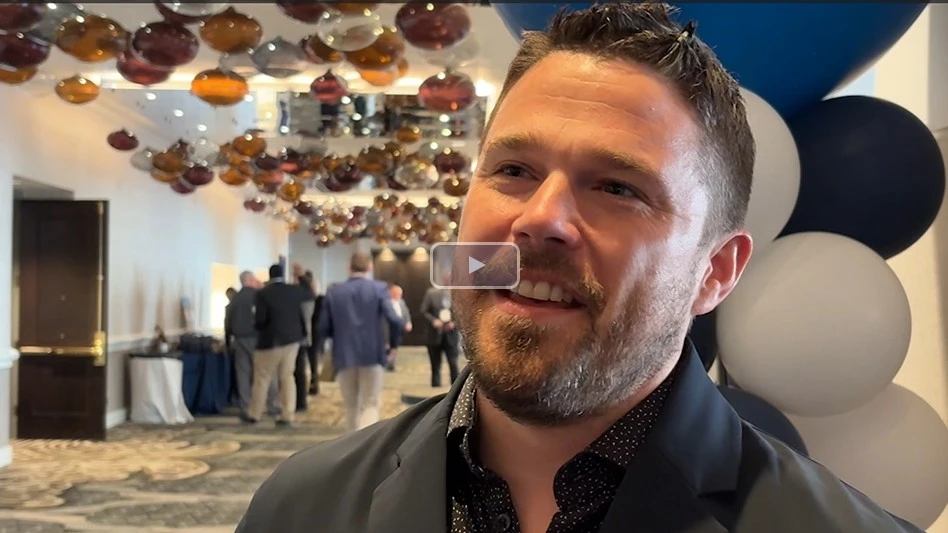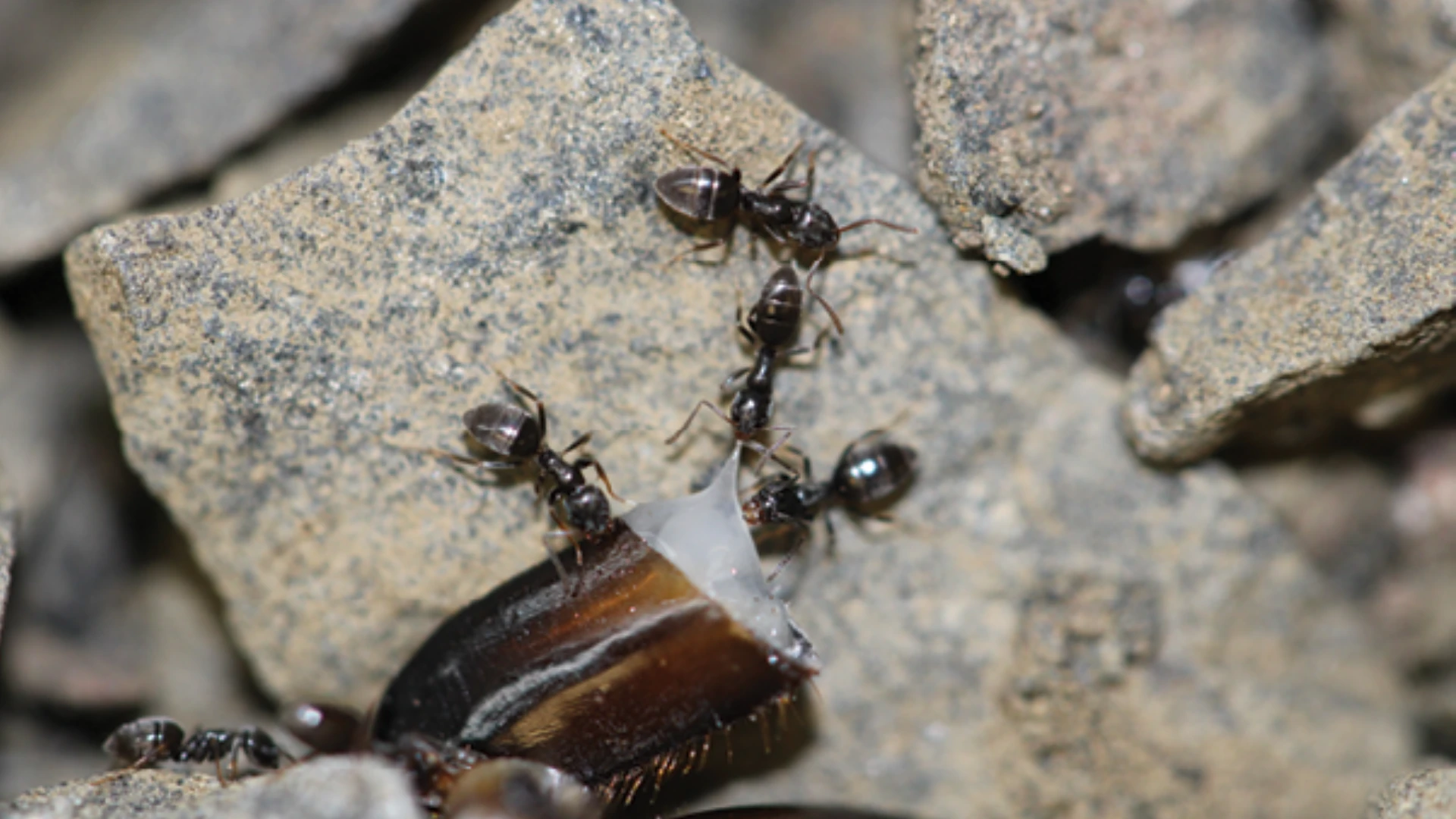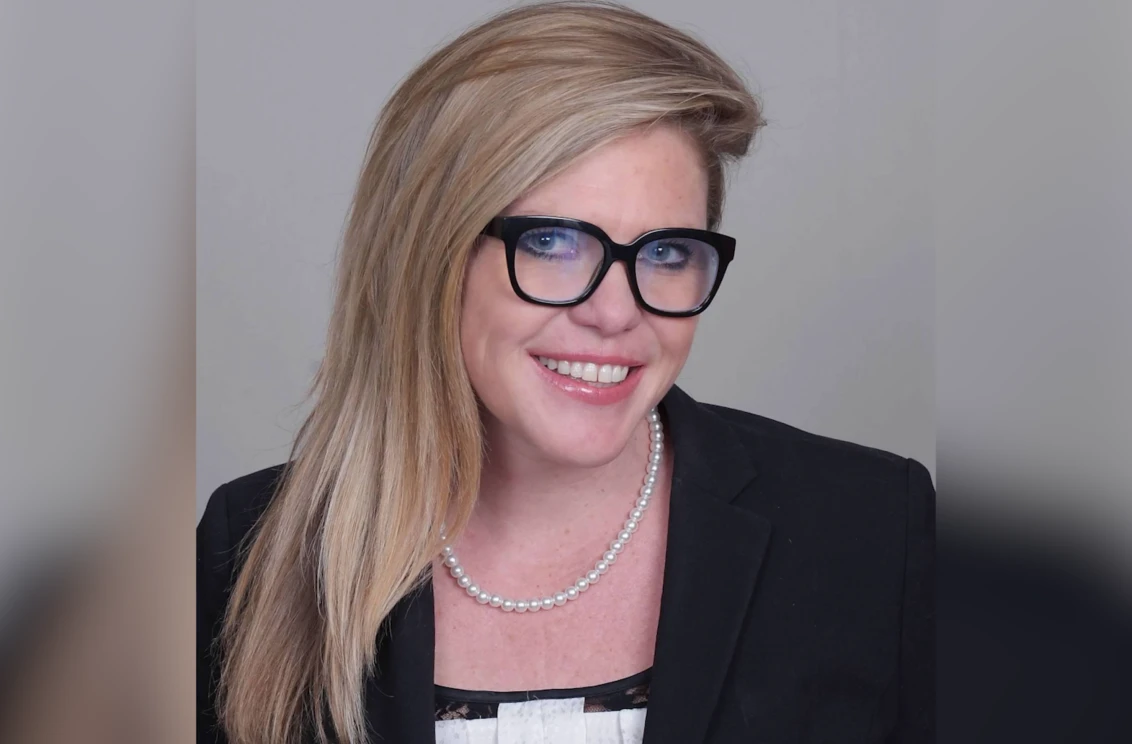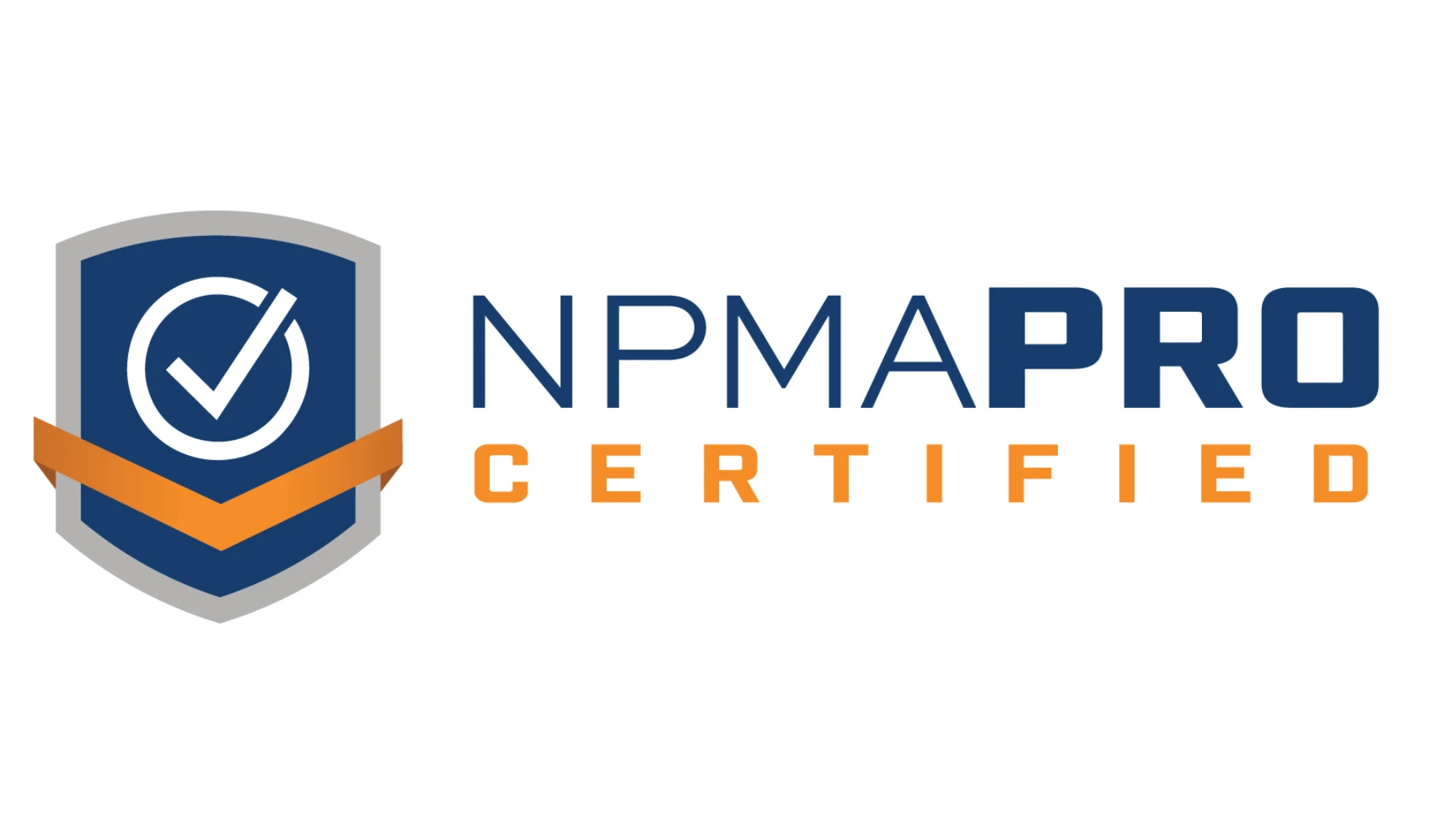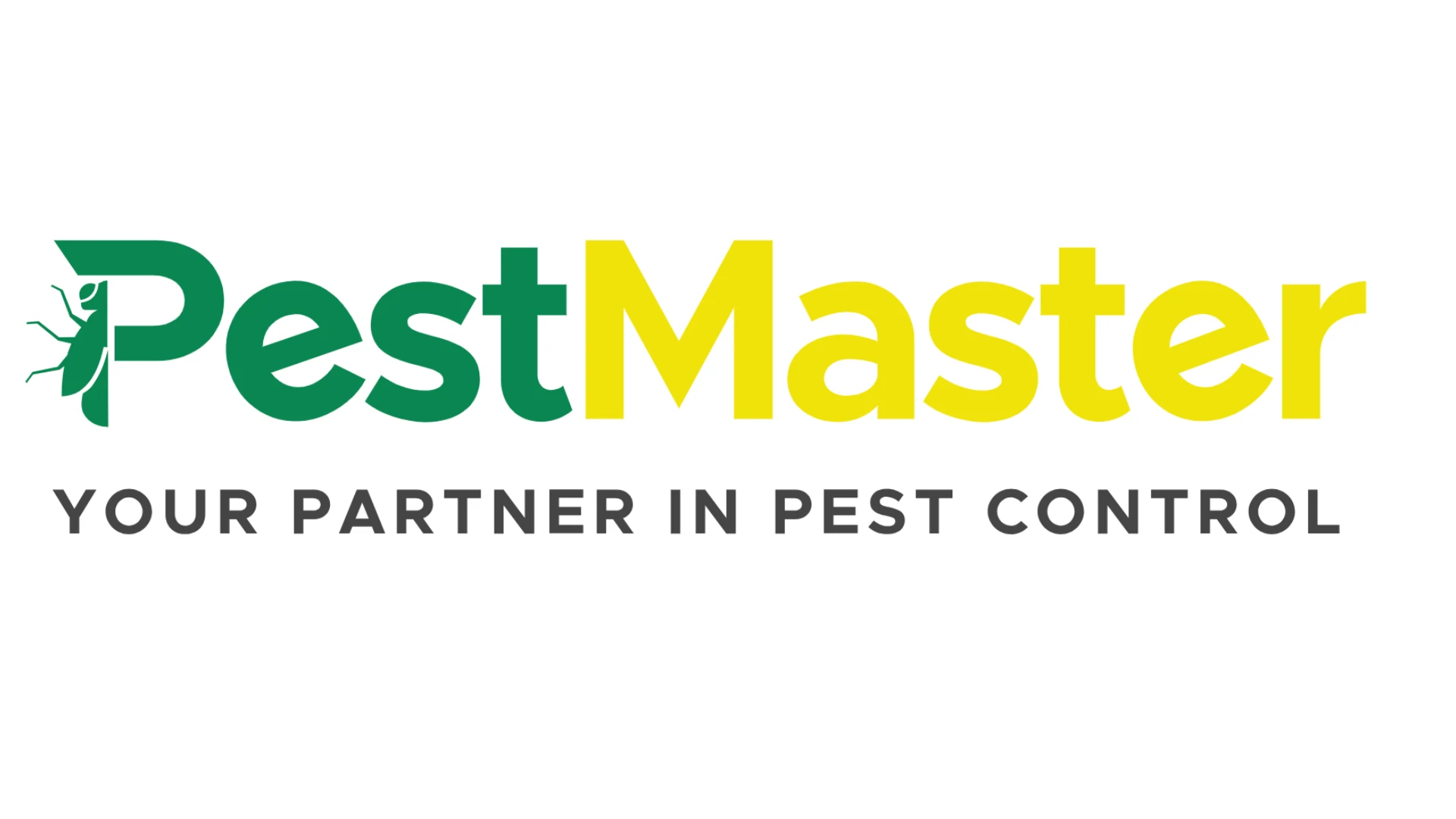The November elections brought forth sweeping changes, including a new president and significant congressional turnover. These changes could present both challenges and opportunities for pest management professionals. Potential challenges could come from the Democrat-controlled government; Democrats have traditionally favored more regulation and have pushed environmental issues. Potential opportunities may come from the economic stimulus bill which could, either directly or indirectly, benefit the pest control industry.
Against this backdrop, in early March about 300 pest management professionals from across the U.S. gathered in Washington, D.C., for NPMA Legislative Day 2009, held at the historic Mayflower Hotel and lead-sponsored by FMC Professional Solutions. NPMA Executive Vice President Rob Lederer said the fact that so many PCOs attended this year’s event despite trying economic times is “an absolute tribute to this industry and something we’re very proud of.” Lederer added that such grass-roots efforts by trade associations to lobby Congress “do not happen every day. It’s vitally important to what Bob (Rosenberg) and Gene (Harrington) do.”
Lederer said the industry faces many challenges as a result of the recent changes in Washington, “but we will pull together as an industry.” However, he warned, the industry must be diligent in its lobbying efforts because the “issues have changed. People have changed. Leadership has changed. You can’t take any support for granted.”
NPMA Senior Vice President Bob Rosenberg added, “This Congress is going to be a very different Congress than the one you saw last year. It’s a very difficult and daunting task that is in front of us. We have lots of challenges in front of us. What makes us powerful is you and what you do on Legislative Day and every other day of the year. That’s what makes this event so important to us.”
NPMA President Bruce Carter, who also is president of Carter Services, Farmington, N.M., said with the change in the administration it’s important to develop relationships with new legislators “early on” if the industry wants to play a role in the decision-making process, adding, “Quite frankly, I want to control my own future.” He said PCOs can achieve their goals if they lobby Congress aggressively and work together. It’s that spirit of cooperation that has made him so proud of the industry. “You’re not my competitor, you’re my friend,” Carter told the crowd.
On that note, NPMA members went to Capitol Hill to lobby the industry’s position on several important pieces of pending legislation, including:
THE SCHOOL PEST MANAGEMENT ACT OF 2009. For the last five sessions Congress has considered onerous, bureaucratic school pest management legislation titled the School Environment Protection Act (SEPA). The most recent legislation is the School Pest Management Act of 2009. NPMA and its members are in opposition of this bill and, as part of this year’s Legislative Day, encouraged their representatives to oppose it. Important elements of the bill are:
A requirement that each state pest management regulatory agency develop a model state school integrated pest management plan, a method that relies on inspections for and monitoring of pests, eliminating sources of food, water and harborage, and the judicious use of pesticides.
A requirement that school districts must implement their state’s model plan.
A requirement that persons applying pesticides in schools must be certified or otherwise authorized by the state management regulatory agency.
A requirement that, at a minimum, notification of pesticide applications to interested parents or guardians and staff and the posting of signs alerting building occupants of the application.
Previous school pest management legislation would:
Impose bureaucratic, top-down, one-size-fits-all requirements, so much so that the specific size and contents of pesticide application notices are prescribed.
Donnie Blake, president of OPC, Louisville, Ky., told Legislative Day attendees that the proposed legislation is a “one-size-fits-all” program. “In essence, it would be an unfunded mandate for school systems. This would be a major setback for the industry,” Blake said. He described the NPMA proposal as a much more workable bill. “You need to urge your Congressman to support the NPMA proposal,” Blake said.
BED BUG legislation. Legislative Day attendees also encouraged their representatives to support the Don’t Let the Bed Bugs Bite Act of 2009, legislation introduced by G.K. Butterfield, (D-N.C.). The measure, which builds on last session’s H.R. 6068, does the following:
Establishes a state bed bug inspection grant program using funds authorized to the Department of Commerce that states can use to help fund inspections of lodging facilities. States must, however, show a commitment of their own as well as some accountability to show that they will not simply throw money at the problem. This means that, as a condition of eligibility, states must commit a certain level of their own resources toward preventing and eliminating bed bug infestations at lodging facilities and establish minimum standards for persons conducting the inspections, so as to ensure that they are being performed by qualified individuals.
Amends the U.S. Housing Act to require public housing agencies to include in annual plans required by the Secretary of the Department of Housing and Urban Development measures necessary for the management of bed bugs, similar to their current responsibility to manage cockroaches.
EMPLOYEE FREE CHOICE ACT. Legislative Day attendees also encouraged their representatives to oppose the Employee Free Choice Act (EFCA), which is legislation to “amend the National Labor Relations Act (NLRA) to establish an easier system to enable employees to form, join, or assist labor organizations, to provide for mandatory injunctions for unfair labor practices during organizing efforts, and for other purposes.”
Currently, NLRA establishes two primary ways for employees to form or join a union: 1) a private ballot election administered by the National Labor Relations Board (NLRB) after at least 30 percent of workers have signed authorization cards or; 2) the collection of signed authorization “check cards” from a majority of employees in a bargaining unit.
EFCA fundamentally alters the NLRA by allowing unions to use the “card check” process or signature campaign each time they try to organize employees. If enacted, EFCA would require the NLRB to certify any union that secures a simple majority of signatures through this petition-like process. Such a process effectively allows the establishment of unions everywhere without a valid vote. Under the “card check” method, union organizers present employee signatures on authorization cards as representing the true intent of the workers. However, even a Federal Appeals Court has noted that, “Workers sometimes sign union authorization cards not because they intend to vote for the union in the election, but to avoid offending the person who asks them to sign, often a fellow worker, or simply to get the person off their back.”
NPMA believes the only way to guarantee worker protection is through continued use of a federally supervised private ballot so that personal decisions about whether to join a union remain private. Swapping federally supervised private ballot elections for a “card check” process tramples the privacy of individual workers who should not have to reveal to anyone how they exercise their right to choose whether to organize their coworkers in a union, according to NPMA.
Western Exterminator Company President Mike Katz urged attendees to not just lobby their elected representatives on Legislative Day, but year round. “As citizens of this country, we have an obligation to share our opinions with our elected representatives.”
The author is publisher of PCT magazine and can be reached at dmoreland@giemedia.com.
LEGISLATIVE DAY VIDEO
PCT shot video at Legislative Day. Visit www.pctonline.tv to watch video of FMC’s Dan Rosenbaum presenting the Legislative Day Award to the Stevenson family, who own and operate Modern Pest Services, New Brunswick, Maine. Also on the site is video of Legislative Day children attendees introducing themselves.
******
NEWS & NOTES:
Other highlights from this
year’s NPMA Legislative Day
Joe Scarborough, former Congressman (R-FL) and host of MSNBC’s “Morning Joe,” entertained NPMA Legislative Day attendees with his observations about the national political scene in an animated one-hour speech sponsored by Dow AgroSciences. Scarborough decried the country’s escalating deficits and the earmarks in the stimulus bill. “We are in a bailout culture right now and it’s very frightening. This is not change we can believe in. Unfortunately, it’s more of the same.”
PPMA Chairman Tom Fortson introduced Missy Henriksen, the new executive director of the Professional Pest Management Alliance, to the pest management industry at NPMA Legislative Day activities. “Over the last several months, PPMA has focused our search on finding the right person with dual experience in both association management and in public relations,” Fortson said. “This selection will ensure PPMA’s bright future under a strong leader.” Henriksen recently served as the director of Advancement with The Congressional Schools of Virginia with a focus on community and public relations, fundraising and marketing. Prior to that she served as the executive director/CEO of the American Composites Manufacturers Association where she managed all strategic and operational aspects of the organization. Henriksen said because of her previous trade work she “knows the value of people who are active in their industry associations” and she’s been impressed with the pest management industry’s “spirit of cooperation.”
Prior to the opening of NPMA Legislative Day activities, the PPMA Board of Directors recognized Victor Hammel for his years of service to the pest management industry, as well as his many contributions to the Professional Pest Management Alliance. Hammel recently retired as president of J.C. Ehrlich Co. and CEO of Rentokil North America. In his new advisory role with the company, Hammel will continue to represent Rentokil on the PPMA Board of Directors. “Our organization thinks the PPMA is important enough that it’s one of the things I’m going to continue to be involved with,” he said.
Jerry Keown, vice president of Presto-X-Company, Omaha, Neb., attended the PPMA Board of Directors reception with daughter Karie Keown. Jerrry Keown, 69, recently announced he will be retiring on March 31, after more than four decades in the industry. “I plan to golf and play tennis,” he said, “and spend time with my two grandsons.” Karie Keown, general manager of Presto-X-Company, said her father’s phone number “will be on speed dial and he’s been given strict orders not to place it on silent.”
One of the highlights of NPMA Legislative Day is the annual kids program, where the children of industry members tour Washington, D.C. and learn about the legislative process. This year, Mary Elizabeth Dowless of Strand Termite & Pest Control, North Myrtle Beach, S.C., was recognized by NPMA Executive Vice President Rob Lederer for her perfect attendance since the program was instituted 10 years ago. Dowless is a high school senior who will attend the University of South Carolina in the fall.
*******
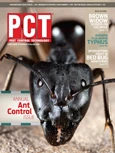
Explore the April 2009 Issue
Check out more from this issue and find your next story to read.
Latest from Pest Control Technology
- Target Specialty Products Expands Sales Leadership Team
- Mosquito Joe Promotes David Price to Vice President of Strategic Growth
- Abell Pest Control Recognized as One of Canada’s Best Workplaces in 2025
- Scorpion Launches Capacity Marketing Engine
- Petti Pest Control Owners Reflect on Finding Success as a Father-Son Duo
- Effective Mitigation of Crow Infestations
- Mosquito Control: Spraying vs. IPM
- Terminix Service's Leaders Inducted into South Carolina Business Hall of Fame
